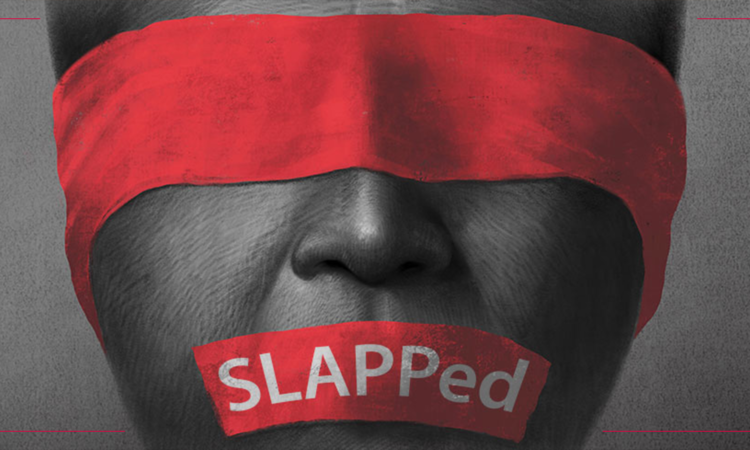RSF urges EU Member States and European Parliament to agree on effective measures against SLAPPs

The Council has reduced the directive’s scope enormously by limiting it to cross-border cases, in other words, to cases where the two parties concerned are domiciled in different Member States, which is not the case in the vast majority of SLAPPs.
The EU lacks the authority to legislate on strictly national matters but the Commission has introduced the notion of “cross-border implications,” which has been accepted by the European Parliament but not by the Council. It would mean that a SLAPP with implications in more than one country – such as one involving money laundering or cross-border pollution – would fall within the directive’s scope.
Parliament has even expanded the applicability of “cross-border implications,” saying it should take effect as soon as the subject of a lawsuit is “accessible via electronic means.” It is essential that Member States should accept this notion of cross-border implications, or else the directive’s procedural safeguards will apply to few concrete cases.
Civil actions brought in the context of criminal proceedings have also been excluded by the Council from the directive’s scope, further reducing its potential applicability.
The mechanism under which a baseless gag suit could be quickly dismissed has been weakened by a restrictive definition, and the ability to appeal against a refusal to dismiss proceedings quickly has been removed. This mechanism is the key procedural safeguard that would prevent those who bring SLAPPs from prolonging their lawsuits for years, thereby leaving a financial and psychological threat hanging over the journalists and media targeted.
The Council has also removed a provision under which a journalist or a media would be able to seek full compensation for the material and psychological damage they suffer as a result of a baseless gag suit – a provision that would serve as a major deterrent to those considering bringing such lawsuits.
Finally, the deadline for incorporating the directive into the national law of the Member States has been extended to three years, as against the usual two years – an unwelcome extension at a time when the number of SLAPPs against journalists is on the rise.






